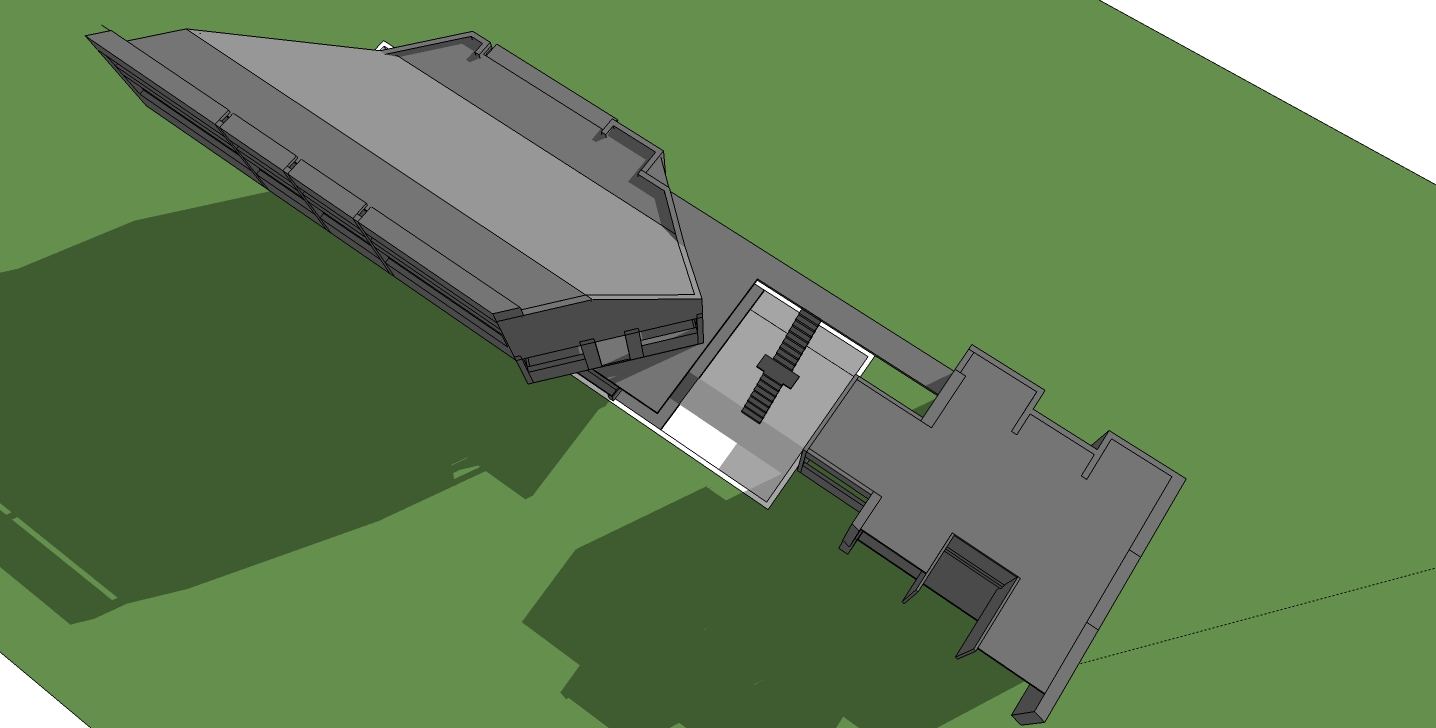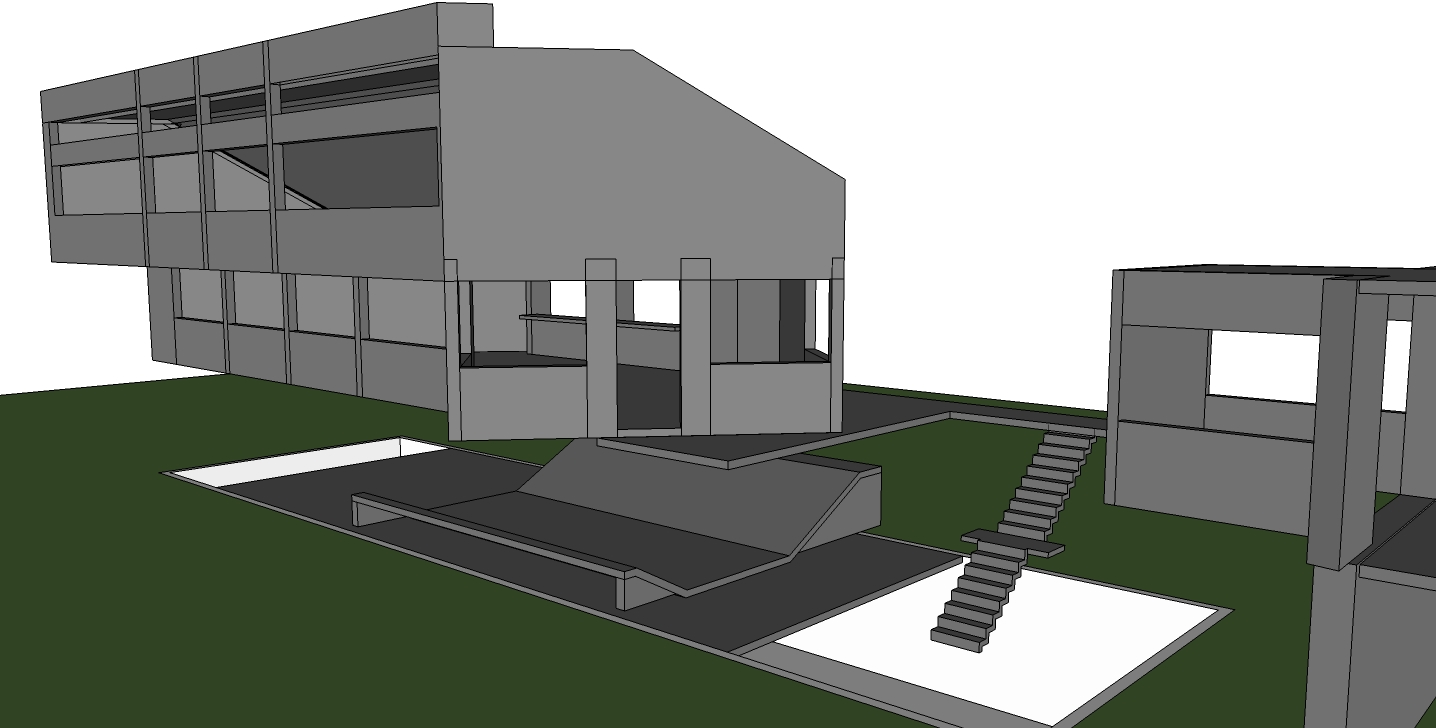

The residential and commercial sectors account for about 33 percent of the total electricity used in India. An estimated 1.3 billion sq. m. of new commercial floor space will be added in India over the next 20 years approximately twice of what exists currently. Commercial sector electricity consumption has been growing at 12-14 percent per annum on average over the last few years, which is attributed to the increasing electricity consumption in existing buildings as well as increasing energy intensity of newly constructed commercial buildings. Given the growing demand of electricity in buildings, coupled with constraints in enhancing electricity generation capacity and over-dependence of fossil fuels for electricity needs, there is a pressing need to go beyond driving incremental increases in energy efficiency in buildings especially since buildings have relatively long lifespan of 50 years or more. Newer approaches are needed for designing buildings that are significantly less energy intensive and meet their energy requirements entirely from renewable energy sources, thus paving the way for a Net Zero Energy Buildings paradigm in India. At the heart of the NZEB approach is a super-efficient building that can meet all its energy requirements from onsite renewable energy sources.
Objective
The USAID ECO-III Project started an initiative to promote Net Zero Energy Buildings (NZEBs) in India, and is proposing a Government-Academia-Industry Consortium as a vehicle for this program, to catalyze and pursue large-scale development of NZEBs in India.
Accomplishments
- Developed a Net Zero Energy Buildings Strategy Roadmap for India. The process for development of the roadmap included stakeholder consultations with technology providers and the design and development community. The Roadmap outlines the approach for driving NZEBs at scale in India and articulates a NZEB Consortium Framework and Charter as the vehicle for driving this shift.
- Provided technical assistance on design and development of a Net Zero Energy Building pilot project at the CEPT University, Ahmedabad. The new building to be built for the Regional Energy Efficiency Center (REEC) dedicated to building energy efficiency at CEPT, Ahmedabad, was previously planned as a low-energy building and has now been designed and built as a flagship pilot NZEB under the NZEB Initiative. The building design has been finalized and the construction is about to commence.
- Developed a documentary film on the process for creating NZEBs and the associated benefits - for wider dissemination.
NZEB Documentary
- Centre for Environmental Planning and Technology (CEPT), India
- The Weidt Group, Inc., USA
- Clanton & Associates, USA
- Built Ecology, Australia
- Vastu Shilpa Consultants, India
- Antech Consultants, India
- VMS Consultants, India
- Pankaj Dharkar & Associates, India
- Gujarat Energy Development Agency (GEDA)
- US Department of Energy (DOE)
- Carnegie Mellon University’s Center for Building Performance & Diagnostics (CBPD)
- Lighting Research Center (LRC) at Rensselaer Polytechnic Institute
- Infosys Technologies Limited





